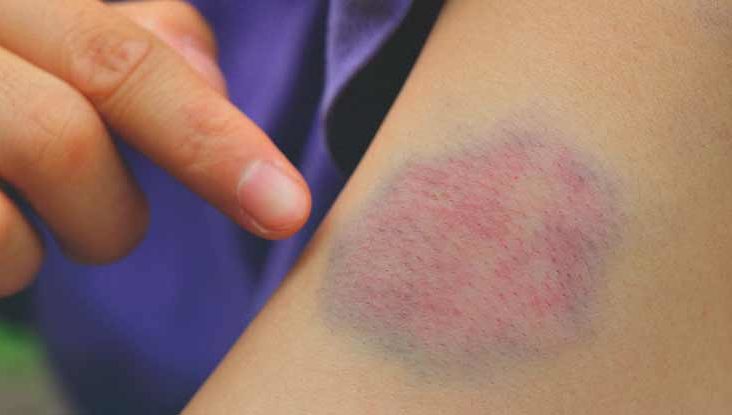There are a few reasons to remove your piercings and jewelry before surgery. First of all, it doesn’t require a lot of effort. It’s not that your surgeon has some issues with wedding rings or simply doesn’t like piercings at all. The fact is that the surgical team only wants to avoid complications related to your jewels. Piercings and jewelry can interfere with surgery or visualization. Even if the piercing can be far from the place of the procedure, removing jewelry is still required.
Despite the fact that problems related to jewelry and piercings are quite rare, they can become a cause of a significant injury that might be avoided by taking them off. So do yourself a favor and remove your jewelry or piercing at home or leave them with a close person until the end of surgery or another procedure.
1. Jewelry and piercings can interfere with imaging examinations
The most inconvenient jewel for an imaging diagnosis is a tongue piercing. When you visit your dentist Brooklyn to perform an X-ray of the teeth and jaw, the metal piercing actually doesn’t let the doctor see what is behind the jewelry. For example, an X-ray taken from the right side of your jaw will show the teeth on that side, but the teeth behind the tongue piercing will not be visible on the X-ray. Your dentist may easily skip a damaged tooth on the left side.
If you plan to have imaging examinations anywhere near the piercing, it is better to remove it in advance. But if you need much larger scans or magnetic resonance imaging, you should remove all piercings, jewelry, and removable dental devices. You also shouldn’t forget to tell the technologist if you have any implants in your body (for example, a cochlear implant, a pacemaker, an artificial hip, or surgical clips).
2. Jewelry can get in the way of a surgery
If you have surgery on your hand, it makes sense to take off all your rings and bracelets. This also applies to piercings. When you are going to have a chest or especially breast surgery, you need to remove your nipple piercings. If you plan abdominal surgery, your navel piercing should also be removed for the entire procedure.
Tongue piercing can also interfere with general anesthesia. At the beginning of the surgery, the anesthesiologist will insert a breathing tube. This tube can stick to the piercing when inserted and if it falls out, you can swallow the jewelry or breathe it into your lungs. The main problem during surgery is the effect of metal on electrocautery (a method commonly used to seal bleeding vessels with the help of electricity). Metal jewelry can create an electric arc that may lead to minor or even serious burns.
3. Jewelry may press on swollen body parts
Swelling is a very common condition during recovery from surgical procedures, especially if blood or fluid were transfused (for example, during coronary artery bypass surgery). If your rings fit snugly before surgery, it could be impossible to remove them when your fingers will be swollen. If the doctor notices that they begin to restrict blood flow, they should be cut off. In this case, it is much easier (and safer for you and your jewels) to take them off before surgery.
But there are still some cases when rings can be not removed. It concerns older people with severe osteoarthritis because they usually can’t take off their rings at all. This decision is made individually. If the patient is not able to remove the ring before surgery, the doctor will take measures to ensure the sterility of the ring and ring finger. Jewelry is usually a non-sterile object and can transfer bacteria or fungi into an open wound.





